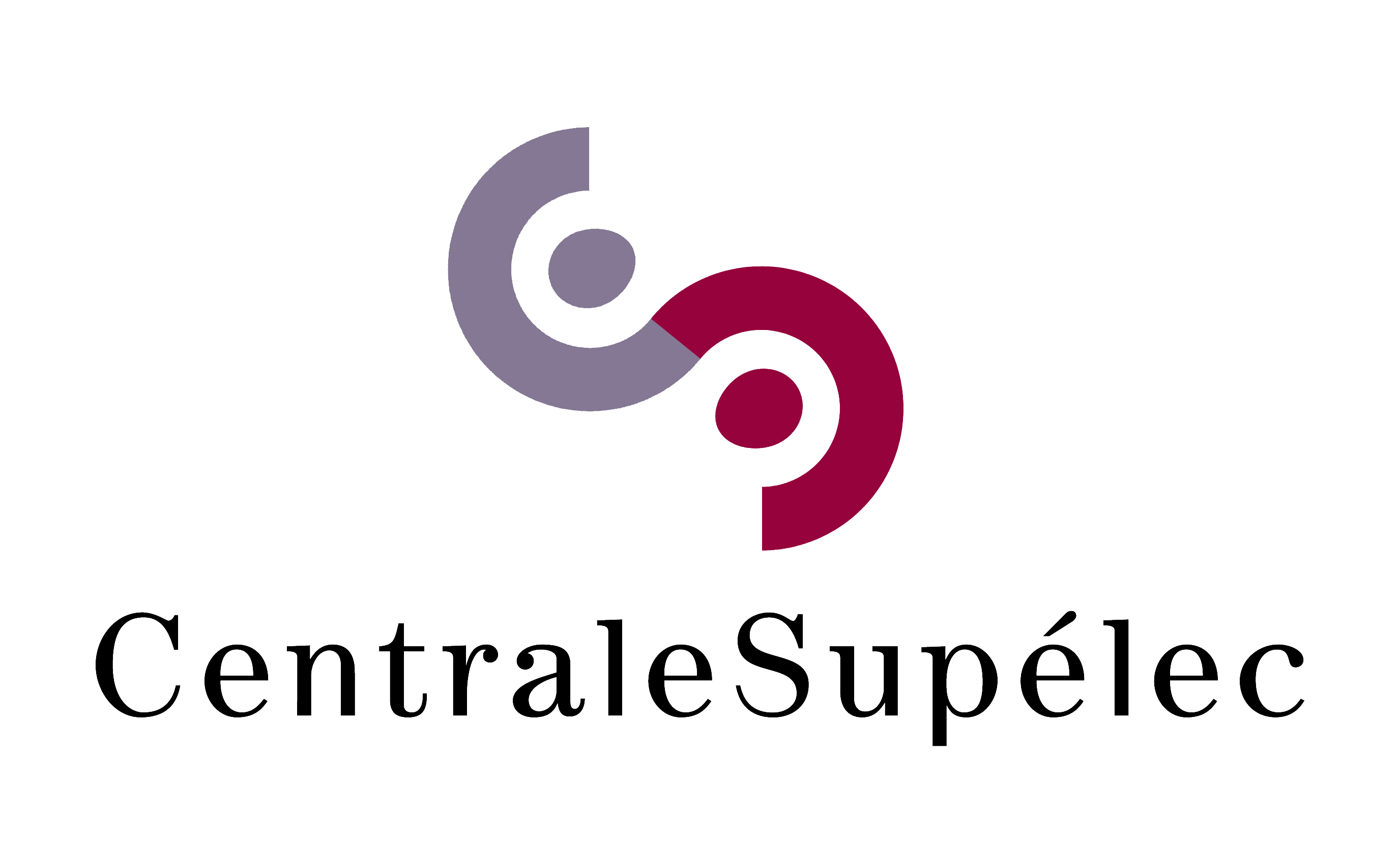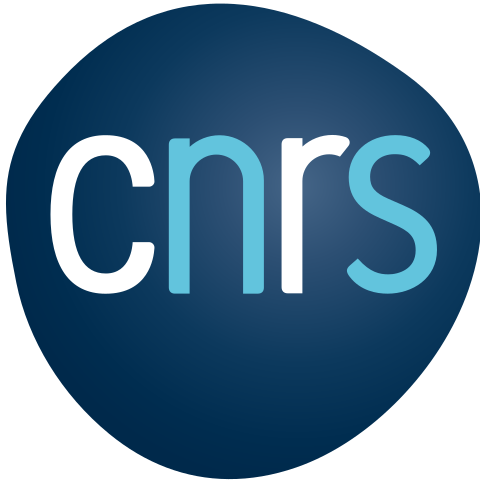From dose reduction to contrast maximization: can deep learning amplify the impact of contrast media on brain MR image quality? A reader study
Résumé
Objectives
The aim of this study is to evaluate a deep learning method designed to increase the contrast-to-noise ratio in contrast-enhanced gradient echo T1-weighted brain MRI acquisitions. The processed images are quantitatively evaluated in terms of lesion detection performance.
Materials and methods
A total of 250 multiparametric brain MRIs, acquired between November 2019 and March 2021 at Gustave Roussy Cancer Campus (Villejuif, France), were considered for inclusion in this retrospective monocentric study. Independent training (107 cases, age 55y±14, 58 women) and test (79 cases, age 59y±14, 41 women) samples were defined. Patients had glioma, brain metastasis, meningioma, or no enhancing lesion. Gradient echo and turbo spin echo with variable flip angles postcontrast T1 sequences were acquired in all cases. For the cases that formed the training sample, “low-dose” postcontrast gradient echo T1 images using 0.025mmol/kg injections of contrast agent were also acquired. A deep neural network was trained to synthetically enhance the low-dose T1 acquisitions, taking standard-dose T1 MRI as reference. Once trained, the contrast enhancement network was used to process the test gradient echo T1 images. A read was then performed by two experienced neuroradiologists to evaluate the original and processed T1 MRI sequences in terms of contrast enhancement and lesion detection performance, taking the turbo spin echo sequences as reference.
Results
The processed images were superior to the original gradient echo and reference turbo spin echo T1 sequences in terms of contrast-to-noise ratio (44.5 versus 9.1 and 16.8, p<.001), lesion-to-brain ratio (1.66 versus 1.31 and 1.44, p<.001) and contrast enhancement percentage (112.4% versus 85.6% and 92.2%, p<.001) for cases with enhancing lesions. The overall image quality of processed T1 was preferred by both readers (graded 3.4/4 on average versus 2.7/4, p<.001). Finally, the proposed processing improved the average sensitivity of gradient echo T1 MRI from 88% to 96% for lesions larger than 10mm (p=.008*), whereas no difference was found in terms of the false detection rate (0.02/case in both cases, p>.99). The same effect was observed when considering all lesions larger than 5mm: sensitivity increased from 70% to 85% (p<.001*) while false detection rates remained similar (0.04/case versus 0.06/ case, p=.48). With all lesions included regardless of their size, sensitivities were 59% and 75% for original and processed T1 images respectively (p<.001*), and the corresponding false detection rates were 0.05/ case and 0.14/ case (p=.06).
Conclusion
The proposed deep learning method successfully amplified the beneficial effects of contrast agent injection on gradient echo T1 image quality, contrast level, and lesion detection performance. In particular, the sensitivity of the MRI sequence was improved by up to 16%, whereasthe false detection rate remained similar.
Origine : Fichiers produits par l'(les) auteur(s)


